I am so very pleased to have interviewed Jen Lumanlan, the author of Parenting beyond power and the creator of "your parenting mojo"
She dares to re-imagine parenting beyond all the rules that we have been told that were the only ones, and she does it in a researched way, making sure the decisions she takes in her own parenting and those that she teaches are grounded in a solid why.
Who is Jen , the woman behind “Parenting Beyond Power"?
I don’t love labels, because I think they can be constraining, but I think of myself as a Learner-in-Chief (rather than a CEO) of Your Parenting Mojo. I’m a parent of a nine-year-old, and a partner. I’m English originally but I’ve lived in California for so long that most Americans are highly confused by my accent. I do think that being from ‘somewhere else’ helps me to see things as a bit of an outsider, even though I’m always trying to see how my vision is constrained by the privileges of being in a White, able, cisgender, heterosexual body. I’ve also discovered over the last year that I’m autistic, which really does explain why the socialization aspect of high school was so hard for me.
Why did you decide to write this book? What is the story behind it?
I was actually approached by an editor at New Harbinger three years ago who had heard me on one of her authors’ podcasts (Psychologists Off The Clock). She worked with me to shape a proposal which ended up being rejected by New Harbinger leadership – which was actually a gift in disguise. The original proposal was very much a manifesto, which would have been fun to write but I think they were correct that it wouldn’t have been a big seller!
I met my current editor after she took a course that I was running on navigating the transition after a new baby is born, but I didn’t know she was an editor at the time. The amazing Hannah and Kelty at Upbringing (with whom I was running the course) knew her, and introduced me after the course was over. Her name is also Hannah, and I sent her my failed proposal and asked if she might be interested in talking and she replied immediately: “Your coaching changed my life and yes I want to publish your book!”
Hannah had a vision for how it could be a super practical how-to book, and it ended up being a cool marriage of the two. I set up the connections between the ways that White supremacy, patriarchy, and capitalism have hurt us and how these ideas are passed down in our families at the beginning, and then the rest of it answers the question: “OK; now I know about this, what do I DO differently in the everyday moments with my child where things just seem really hard right now?”
What is the biggest lesson that you want to come across in it?
There’s a common saying in respectful parenting circles at the moment: “All behavior is communication.” And that’s correct…but communication about what? That’s the next step, and there’s much less information available about that.
All behavior is actually communication about our needs. When we can understand our real needs (which is different from the strategy we’ve chosen to meet our need in this moment), and our child’s real needs, we can find a way to meet both of our needs about 90% of the time. So asking my child to stop jumping up and down is a strategy to meet my need for calm and peace. But I could also meet my need by moving to another room – which wouldn’t require them to change their behavior.
When we can understand and meet both of our needs on a regular basis, parenting gets so much easier! All the things that seem so struggly right now like tantrums and toothbrushing and getting in the car seat and bedtime routine and sass and back-talk and arguing just melt away.
Our children are doing those things because it’s the best way they know to try to get their needs met. They might be resisting toothbrushing at bedtime because they want to have some say over what happens to their body (need for autonomy) or because they don’t like us holding the back of their head (need for comfort) or because they know that toothbrushing is the start of the separation at bedtime and stalling means they get to be with us for longer (need for connection).
When we can understand and help our child to meet their needs, we end up being able to meet our needs (in this case, for collaboration and ease and rest) as well. I know that parents can really struggle in understanding their children’s needs, so I created a free quiz they can use to discover their child’s most important unmet needs at yourparentingmojo.com/quiz
What has been your biggest learning while writing it?
I think the biggest idea in the book for me is one that I can hardly believe it took me so long to realize: that the way we are in the world is shaped by our families. We live in a White supremacist, patriarchal, capitalist culture. I had looked at the academic research on interventions designed to reduce children’s bias toward out-groups, and it’s a real mixed bag. These interventions are programs that researchers deliver over a day or two in a classroom setting and very few of them have any impact at all, and the change doesn’t last over time for the ones that do make any difference.
I have also worked with so many parents who explode at their children, and who carry around so much hurt. Often they don’t know why this happens, and it ends up being about never having been truly seen and known and accepted by their own parents. Some people I work with had parents who were coping with their own trauma, and were medicating or self-medicating that, much of which was linked to their parents’ inability to see and accept them.
I had to sit for a very long time with the question: Why is that? Why didn’t our parents accept us for who we really are? Why did they try to change us so much? And eventually I realized it was for two reasons: firstly because coping with their own trauma made it so hard for them to show up for us in the way they wanted, and getting us to change seemed like an easier path than healing themselves.
And secondly because they loved us and wanted to protect us from getting hurt in the world when we showed up as our authentic selves so they decided (explicitly or implicitly) that they would hurt us first. They would shape us and our behavior and tell us to stop communicating our needs for authenticity and joy and real connection, because they were too big and too much. So we shut those parts of ourselves away and when we did that, our parents rewarded us with attention and belonging in our family.
We’ve spent the rest of our lives running from or not knowing or maybe facing how that hurt us – and we will repeat the process with our own children if we don’t consciously decide to do things differently.
So if you know you want to do things differently but have no idea how to do that, Parenting Beyond Power gives you the tools to meet your needs and your child’s needs in the everyday moments that may seem a lot like they’re about discipline right now
What is the goal? The big vision of what you would like to achieve?
The short-term big vision is that children can grow up in families having their needs met on a regular basis, so they get to be their authentic selves from the beginning. They’ll go through life with self- acceptance and self-compassion and self-love, which most parents I work with find very difficult to access. And as parents are learning these tools they will also learn to understand and meet their own needs as well – maybe for the first time in decades. Or ever.
The even bigger vision is that when we raise children who see other people’s needs as just as important as their own, and have many years of practice at finding ways to meet multiple people’s needs in a relationship, that they will go out into the world with a profound respect for other people. I believe that White supremacy, patriarchy, and capitalism are all ultimately expressions of the idea that “my needs are more important than yours.” I hope that our children will be able to use these tools to find solutions to some of the most pressing social and environmental challenges we face.
And this is the feminist questionnaire identical for everyone (she did an interview for us 3 years ago and it is so interesting how miuch things change lol)
What is Feminism for you?
Ultimately, to me, feminism is about belonging. When our feminism is intersectional and sees all the ways that the different parts of our identities impact our ability to show up in the world as our authentic selves, and makes space for that and even honors that, then the world is going to be a much happier place.
Which “everyday sexism” really bothers you?
I still read to my daughter a lot and my goodness; the crap that’s in children’s books is amazing. She really loved Brian Jacques’ Redwall series, so we read all 22 of them, and I’m not kidding when I say that almost every time a female character is mentioned, she’s described as “pretty.” The best instance was when a male and female character were in the pitch black hold of a ship and neither of them could see a thing and she was still described as “pretty.”
All the rats (who were the ‘bad’ characters) were male except one almost at the end of the series. All the female lead characters were slim. We could spot which characters would be paired off in a (always heterosexual) relationship by the end of the book.
I call these things out every time I come across them and now I’m pretty proud that my daughter can spot them herself. I don’t censor what books we read so we either discuss it or just share an eye roll when we come across them.
Do you remember when you start identifying as a Feminist and why?
After I interviewed Dr. Carol Gilligan, for which I read almost all of her books. Why Does Patriarchy Persist was still pretty new at the time and suddenly I saw how feminism was relevant to me in a way that it hadn’t seemed relevant when I thought it was about who holds the door open for whom.
Who is your biggest feminist role model?
My friend Brian Stout, who co-interviewed Dr. Gilligan with me. He is very tall and strong and shows up in a very ‘masculine’ body, but he’s also very cognizant of his power and privilege and very intentionally sharing that with others. He also has a side that yearns for softness and tenderness and I think it’s so amazing to be in touch with all of those parts, even when some of them really aren’t very socially acceptable to acknowledge.
What is your favourite Feminist quote?
"If Black women were free, it would mean that everyone else would have to be free since our freedom would necessitate the destruction of all the systems of oppression."
And wouldn’t that be an amazing world to live in? Let’s try and make it happen.
What is your proud feminist victory?
I don’t really think of ‘feminism’ and ‘victory’ together, because I think patriarchy needs to be healed rather than beaten. But every time I work with a parent who finds a way to meet their needs, and who is finally able to understand their child’s needs underneath the child’s mystifying, irritating, and sometimes rage-inducing behavior and meet those needs as well because of our work together, I do get the warm and fuzzies.
What is your feminist recommendation?
- Book: I recently finished listening to Tyson Yunkaporta’s book Sand Talk – I listen while I’m on long bike rides, but only on the up-hills because otherwise it’s too windy for me to hear! The book isn’t explicitly feminist, but there’s a lot in it about female power and agency, and how the White supremacist-based settler culture in Australia really crushed that. And it isn’t just backward-looking; it has lots of ideas that we should be using as we try to build a culture where all human and non-human beings can thrive.
- tv show: Erm…I don’t know. I looked up several lists of feminist TV shows and I haven’t seen any of them. The Queen’s Gambit was on one of the lists…is that feminist? Because it has a female lead?
- Film: Bend it Like Beckham was cute, and it was on a list of feminist films. I’m not very film literate.
What is your feminist call of action to whoever is reading?
Look for the needs. Try to meet your needs. Try to meet the other person’s needs. When we can do that, much becomes possible that had seemed impossible before. Then nobody has to suppress their needs to feel loved and accepted – and everyone belongs, just as they are.
You can buy PARENT BEYOND POWER here
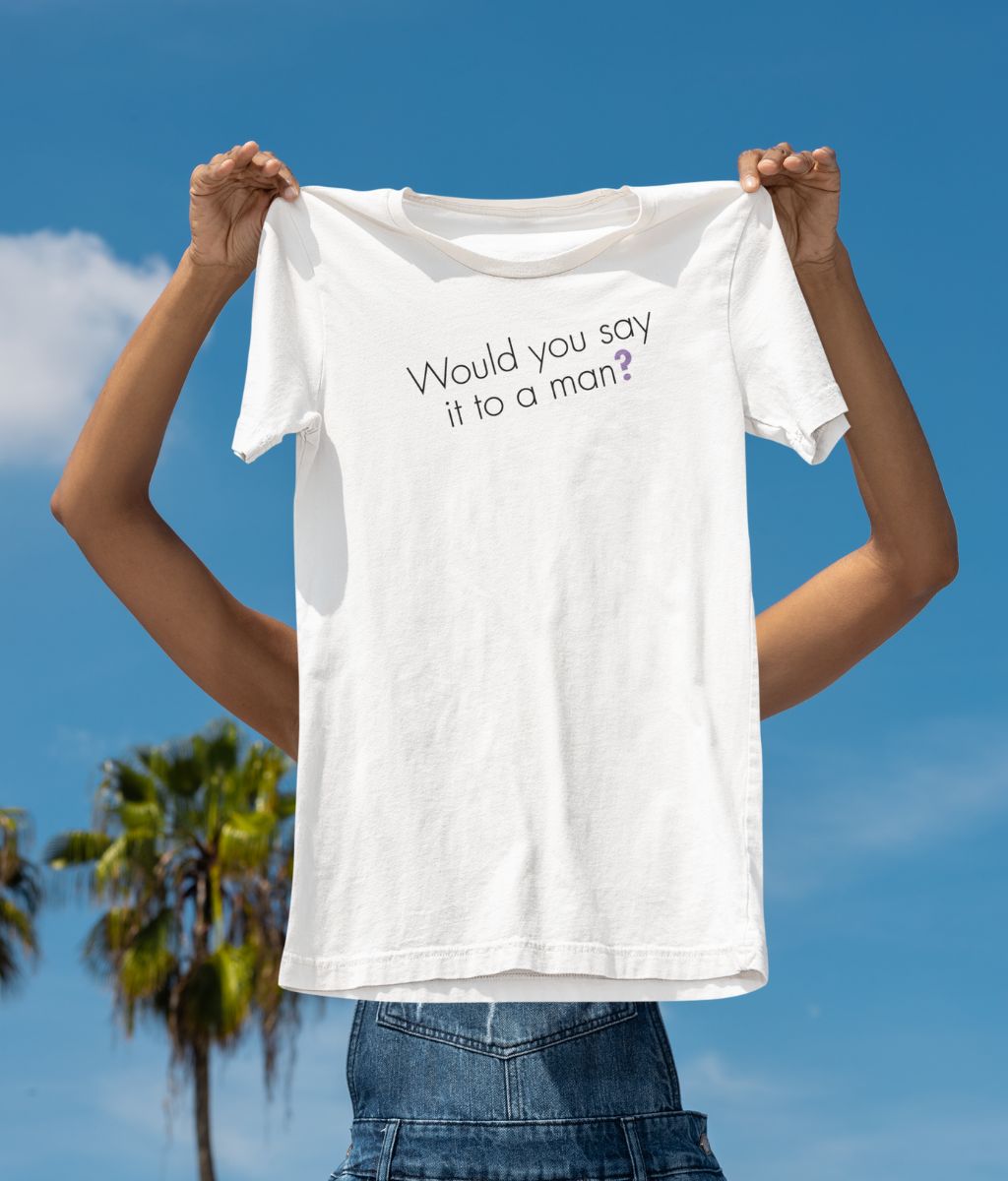
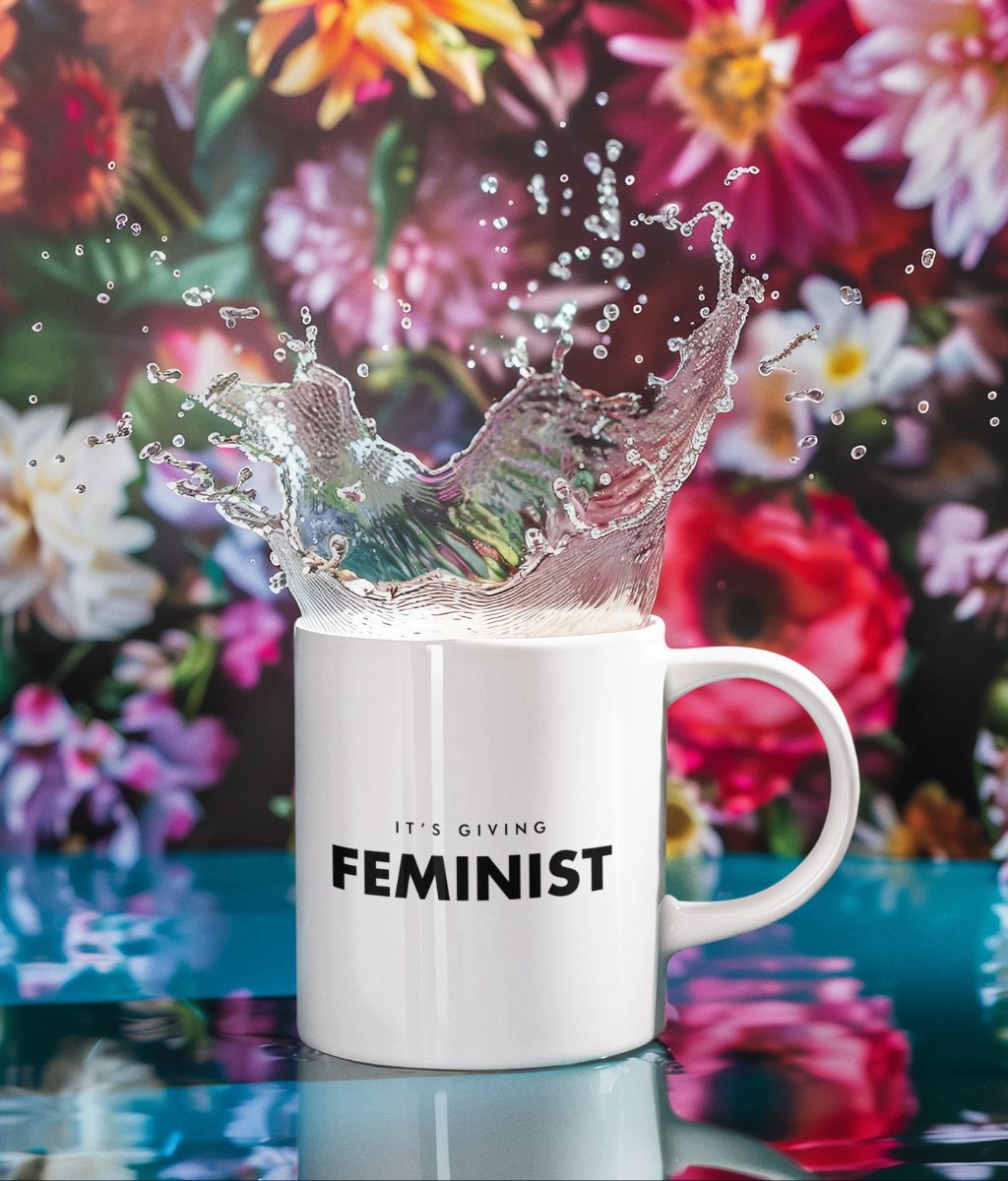

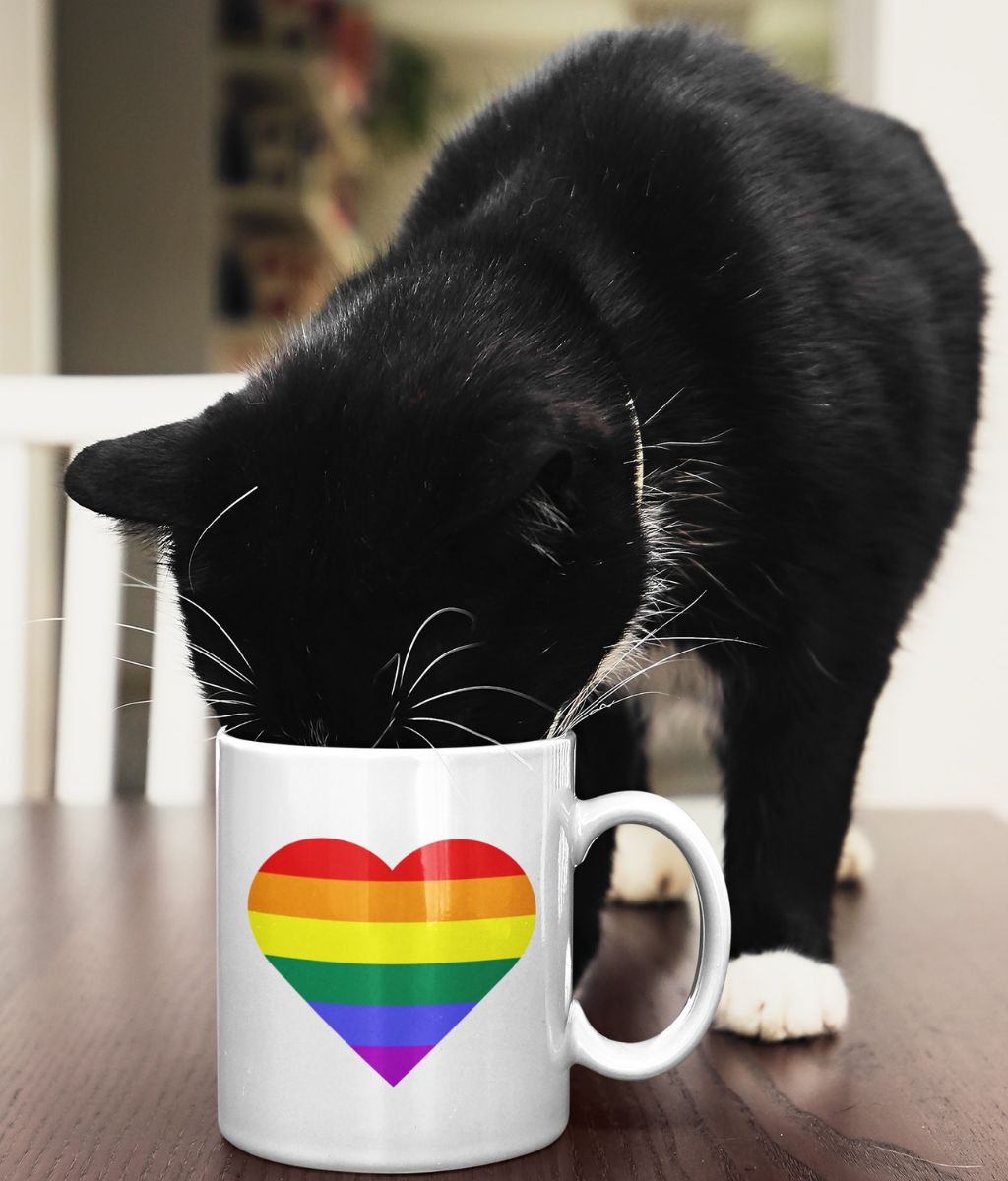
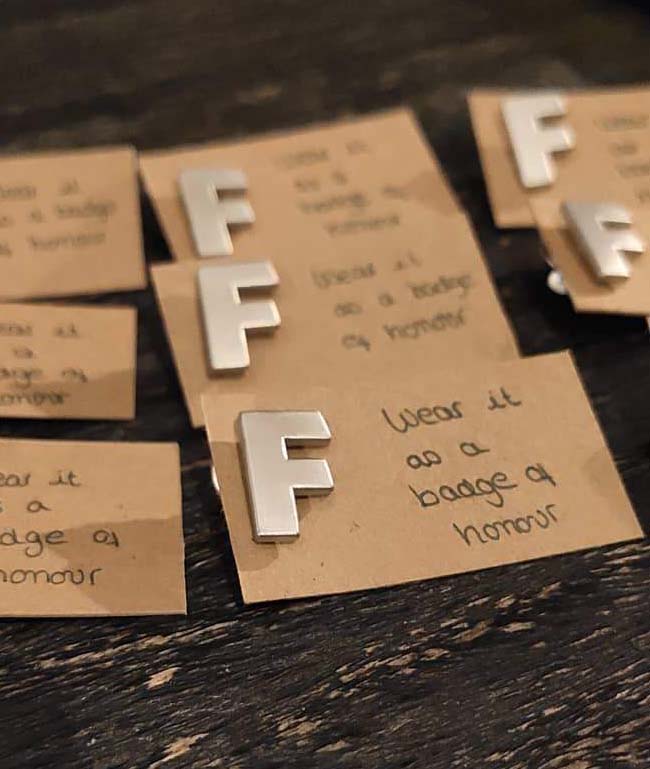
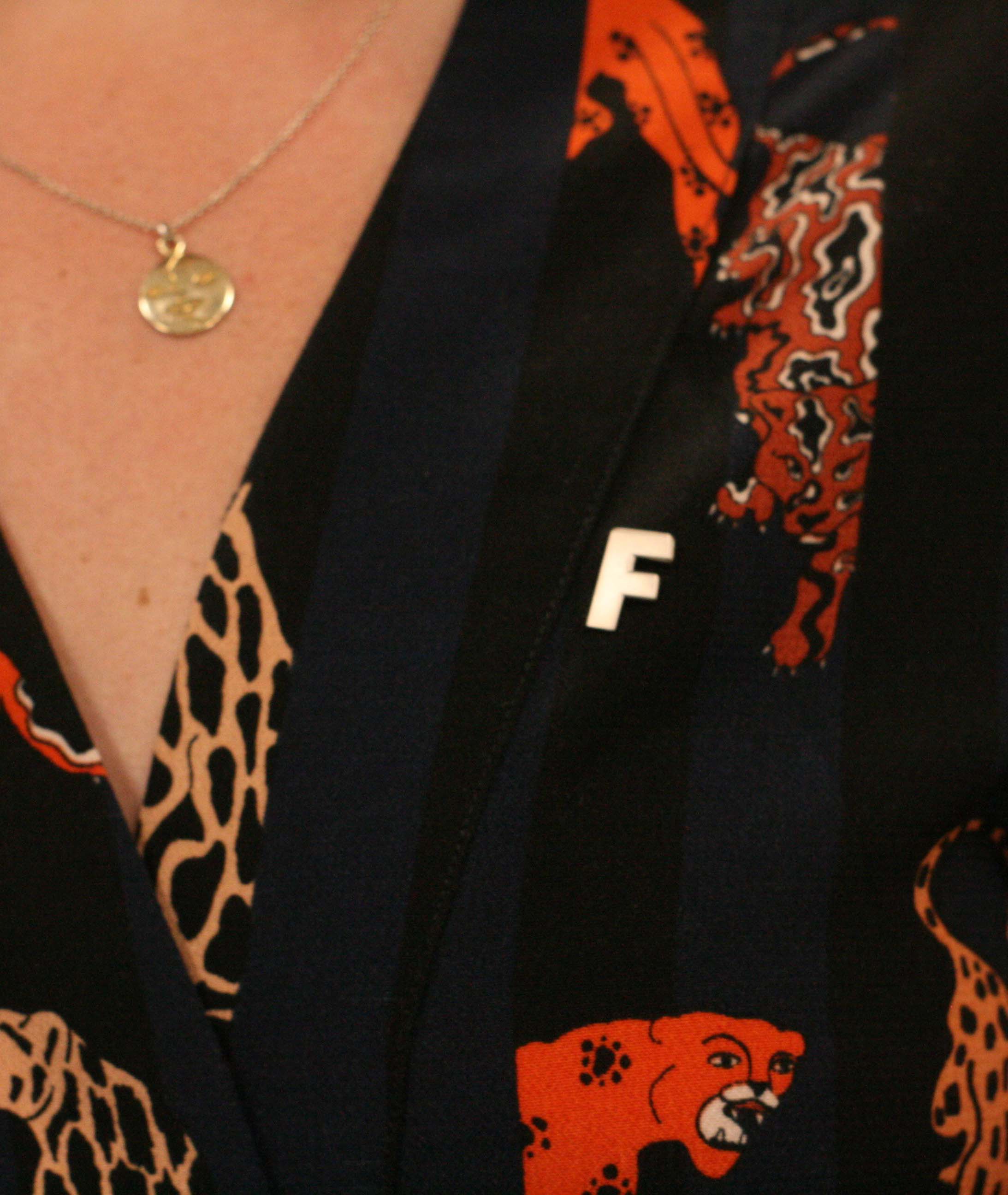
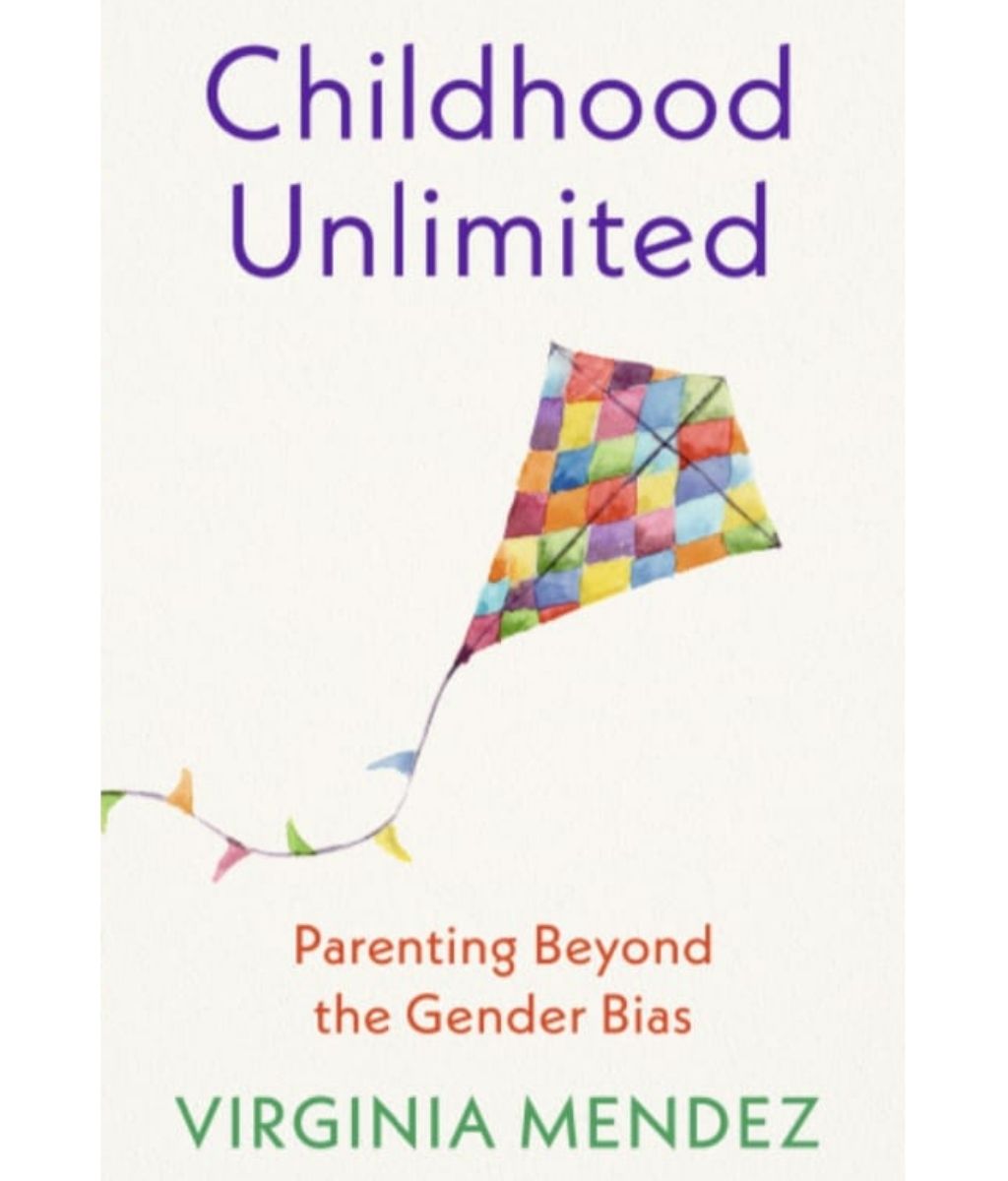
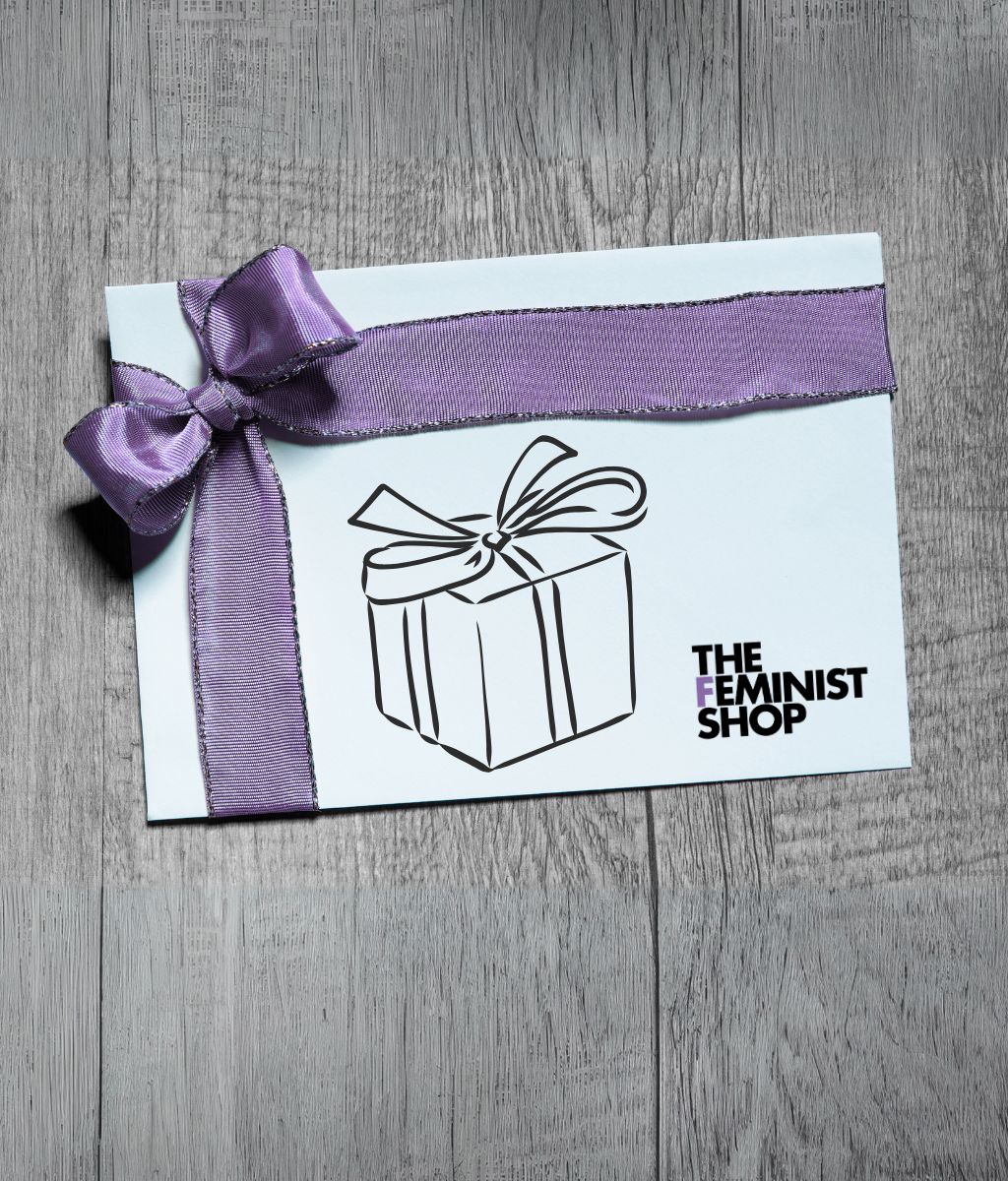

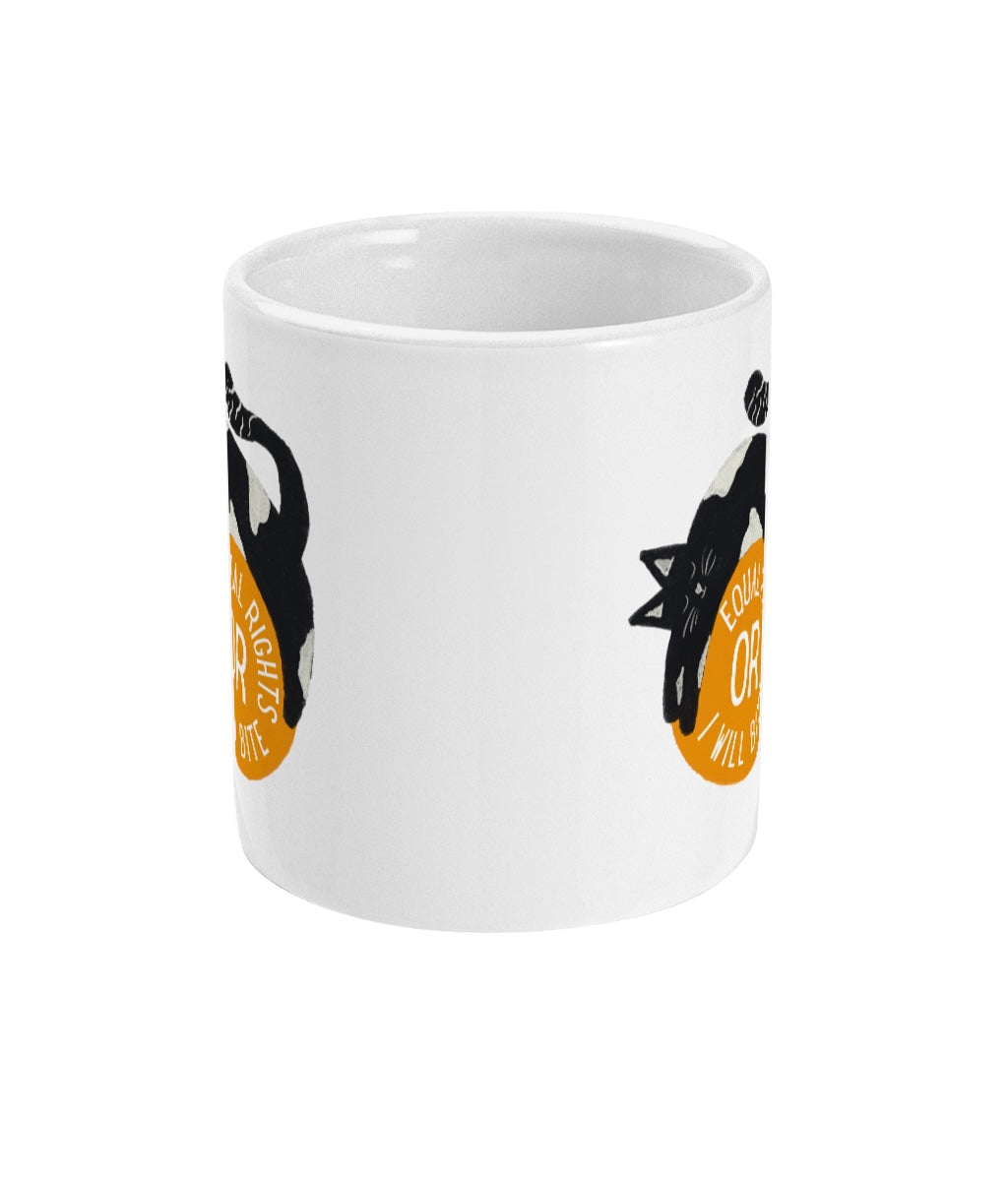
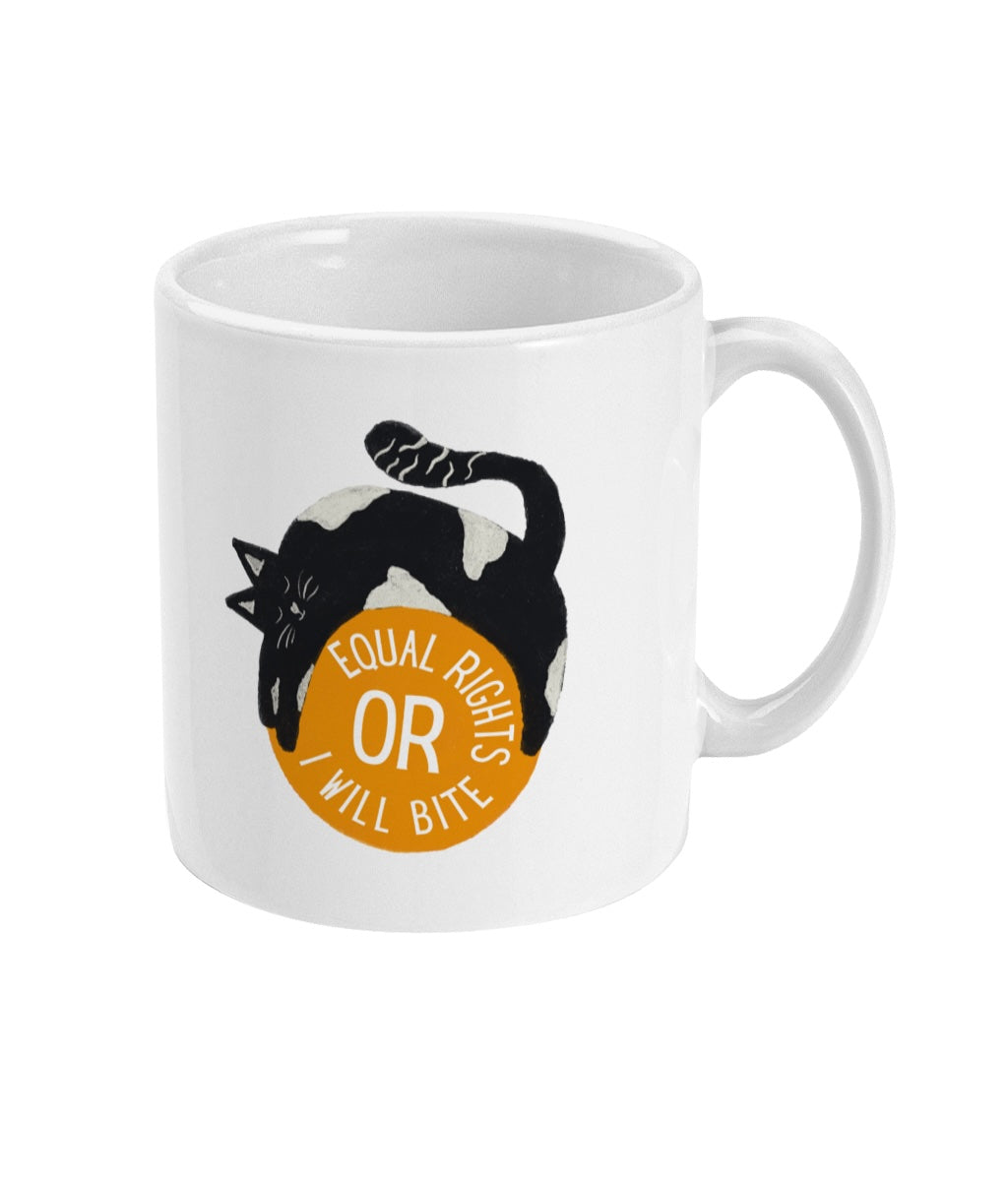
0 comments